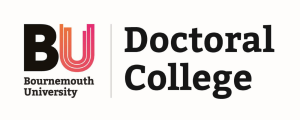
On Wednesday 7 March 2018 the Doctoral College hosted the 10th Annual Postgraduate Research Conference which was a huge success with lots of positive feedback from students and staff alike. We are happy to announce the category winners below. Well done to everyone who took part!
Oral Presentations:
1st Prize Mark Stevens (Advancing a social identity approach to understanding physical activity: preliminary evidence from parkrun, Faculty of Management)
2nd Prize Stephen Allard (The intimate masses: poetry and emerging new concepts of ‘Netiquette’ in online environments, Faculty of Media and Communication)
3rd Prize Louise Oliver (Child-parent-violence and abuse: lifting the veil of secrecy, Faculty of Health and Social Sciences)
Poster Presentations:
1st Prize Giulia Levi (Between silence and agitation – coping strategies and third-party interventions in divided societies: a comparison between post-conflict Bosnia and post-referendum UK, Faculty of Health and Social Sciences)
2nd Prize Amal Musa Almoualed (Saudi women journalists – an exploration of their roles and practices in an age of social media, Faculty of Media and Communication)
3rd Prize Ejike T. Ezeh (Shared decision-making: web-based information tool to support treatment choices of people with advanced pancreatic cancer, Faculty of Health and Social Sciences)
Photography:
Winner Nurist S. Ulfa (The paradox of Muslim girl’s freedom of experimentation in girl games: when the digital virtual consumption practices and the religious norms are predominantly discordant, Faculty of Media and Communication)
We would also like to say a special thank you to the following people for their invaluable contribution to the day.
Opening Remarks
Professor John Fletcher, Pro-Vice-Chancellor for Research & Innovation (Office of the Vice-Chancellor)
Keynote Address
Professor Lee Miles, Professor of Crisis & Disaster Management (Faculty of Management)
Guest Speakers – Deputy Deans for Research & Professional Practice
Professor Vanora Hundley (Faculty of Health and Social Sciences)
Professor Michael Silk (Faculty of Management)
Professor Iain MacRury (Faculty of Media and Communication)
Professor Tiantian Zhang (Faculty of Science and Technology)
PGR Chairs
Clare Gordon (Faculty of Health and Social Sciences)
Sara Glithro (Faculty of Health and Social Sciences)
Ella Onyinye Ejime (Faculty of Management)
Duncan Ki-Aries (Faculty of Science and Technology)
Judging Panel – Oral Presentations
Professor Alison McConnell (Faculty of Health and Social Sciences)
Dr Sue Way (Faculty of Health and Social Sciences)
Dr Vanessa Heaslip (Faculty of Health and Social Sciences)
Professor Adam Blake (Faculty of Management)
Dr Daniel Lock (Faculty of Management)
Dr Einar Thorsen (Faculty of Media and Communication)
Professor Marcin Budka (Faculty of Science and Technology)
Judging Panel – Poster and Photography Exhibition
Jane Healy (Faculty of Health and Social Sciences)
Professor George Filis (Faculty of Management)
Professor Candida Yates (Faculty of Media and Communication)
Dr Christos Gatzidis (Faculty of Science and Technology)
 The awards ceremony for this year’s Research Photography Competition is taking place on Tuesday, 20 March from 1-2pm.
The awards ceremony for this year’s Research Photography Competition is taking place on Tuesday, 20 March from 1-2pm.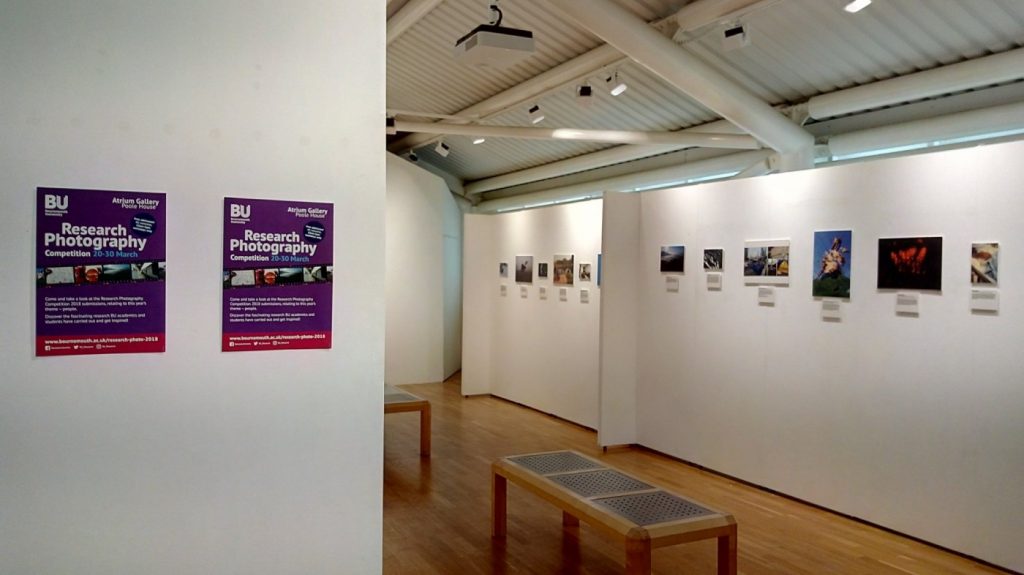
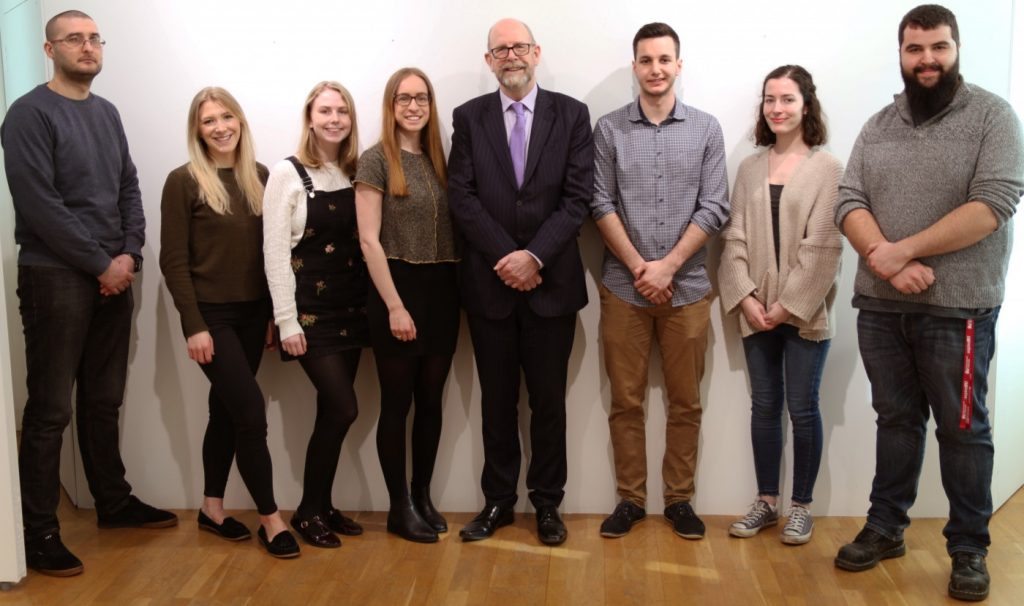

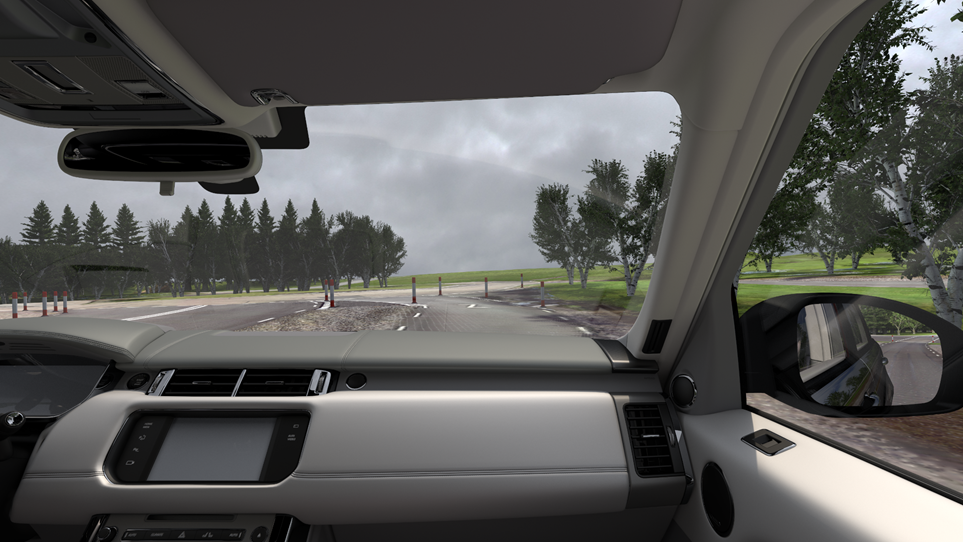
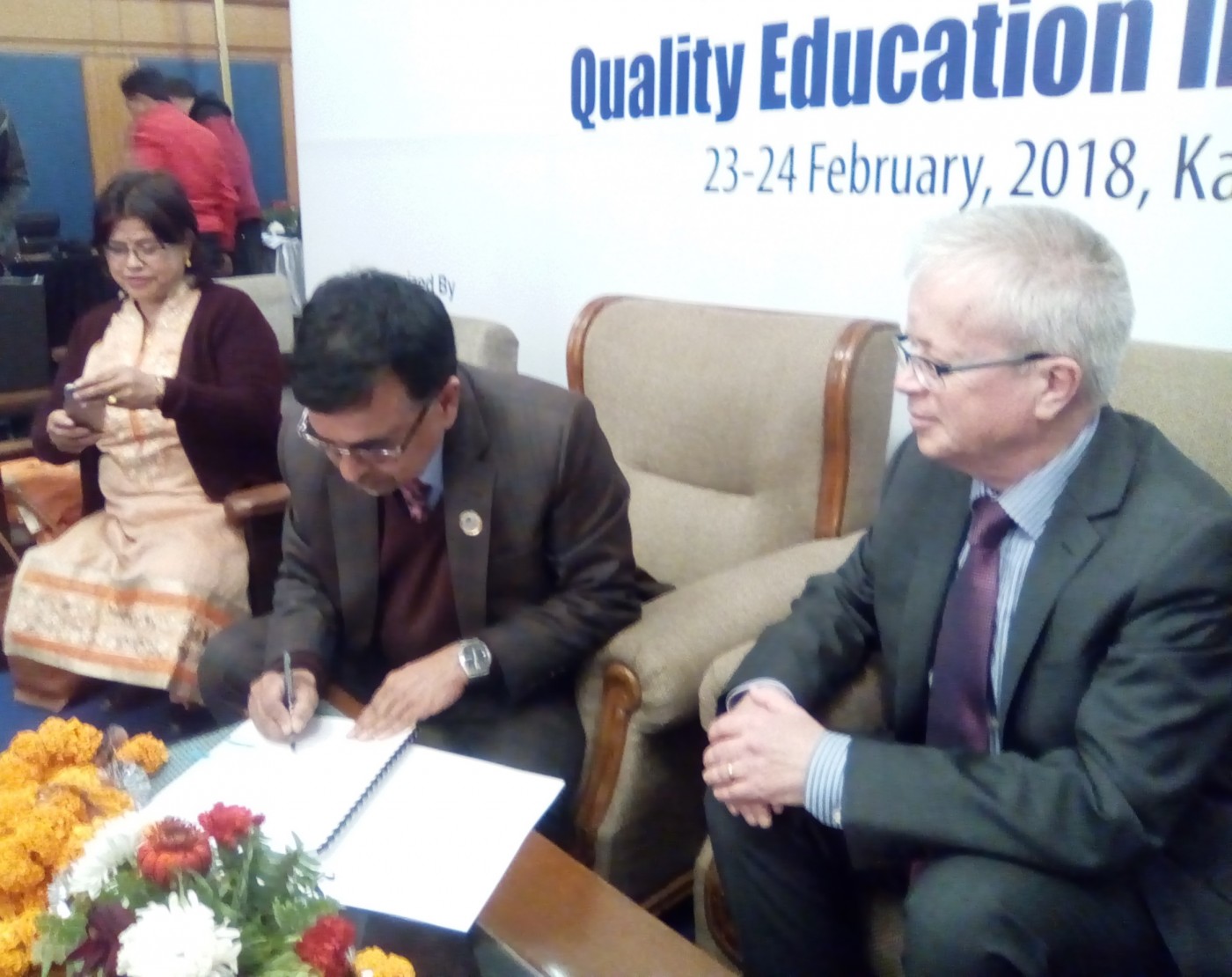


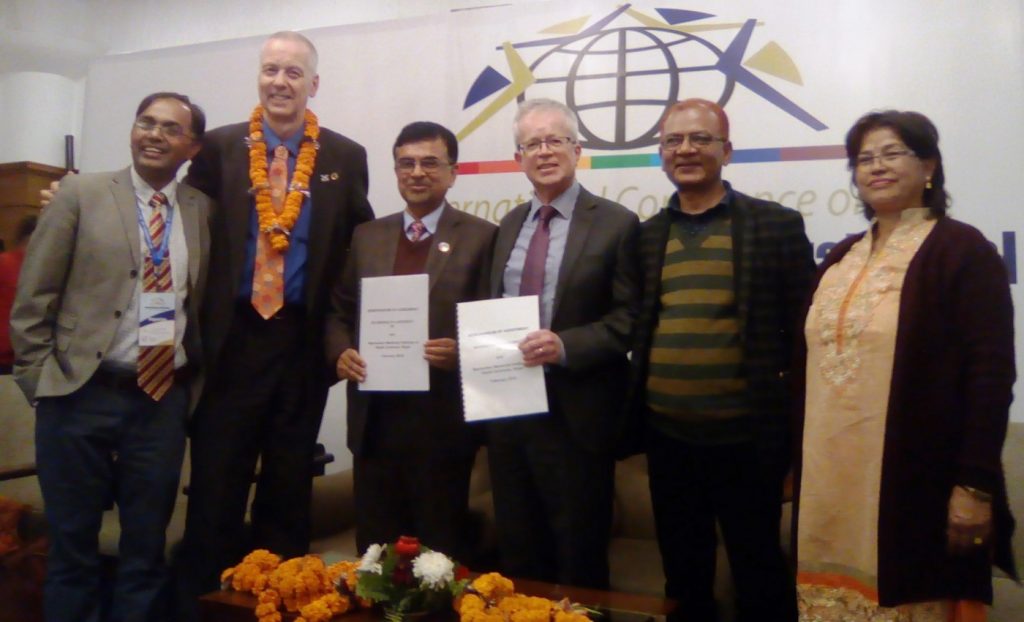
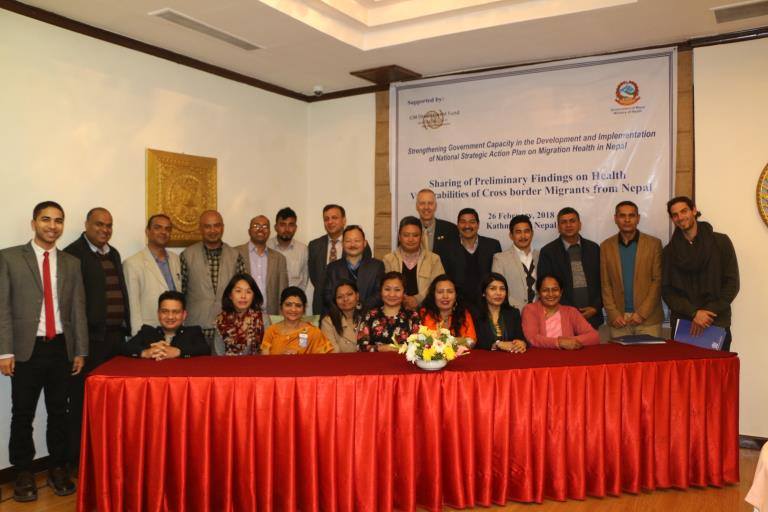

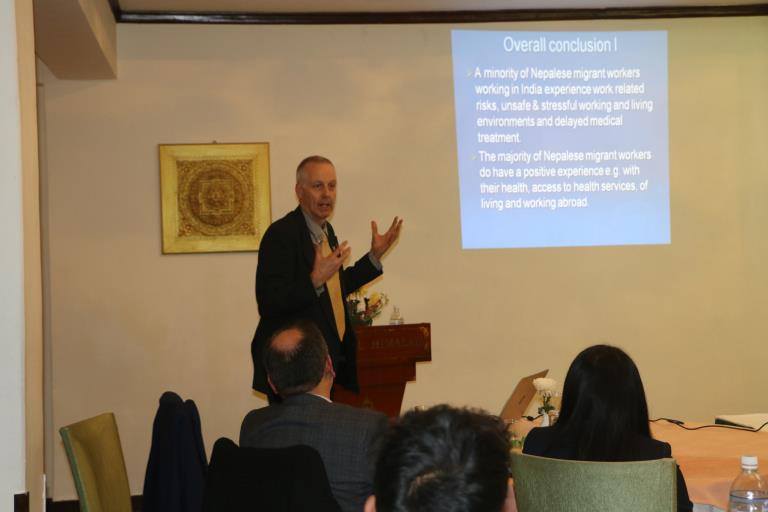
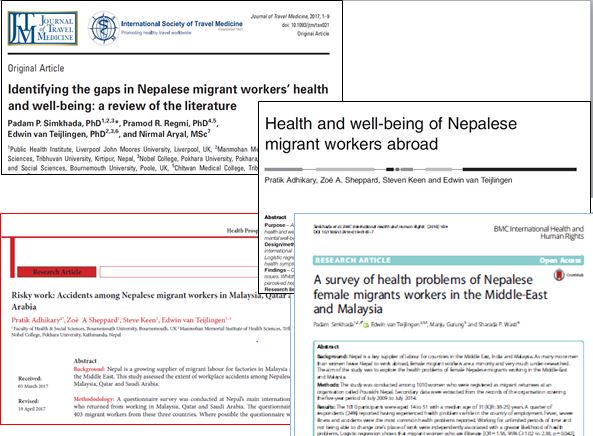
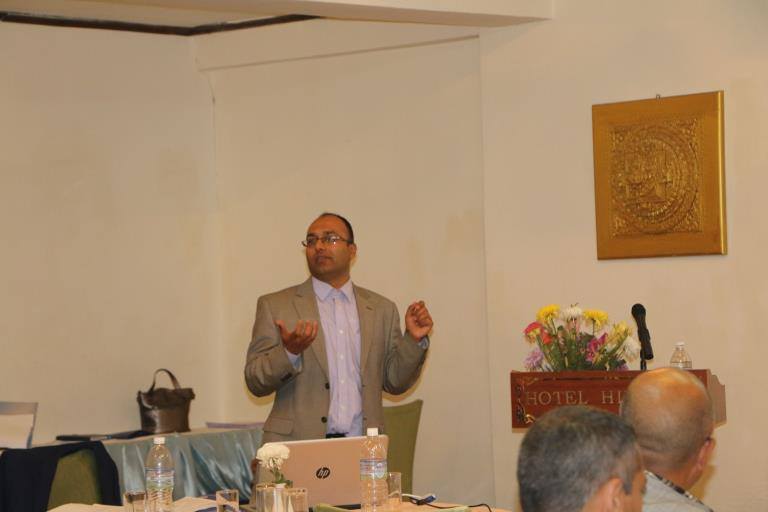

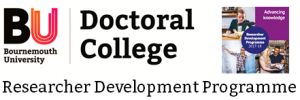

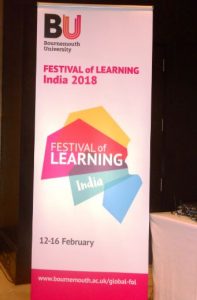
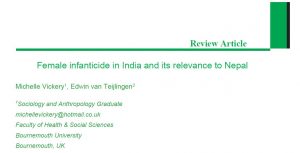
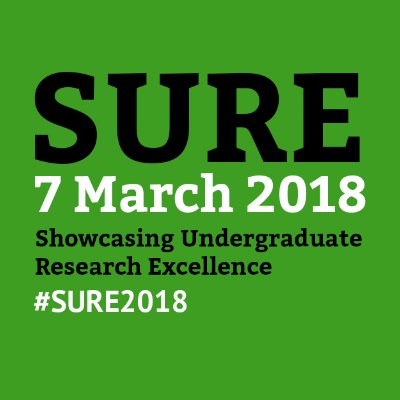











 FHSS academics teaching in Nepal
FHSS academics teaching in Nepal New weight change BU paper
New weight change BU paper One week to go! | The 16th Annual Postgraduate Research Conference
One week to go! | The 16th Annual Postgraduate Research Conference Geography and Environmental Studies academics – would you like to get more involved in preparing our next REF submission?
Geography and Environmental Studies academics – would you like to get more involved in preparing our next REF submission? Congratulations to three former BU staff
Congratulations to three former BU staff MSCA Staff Exchanges 2024 Call – internal deadline
MSCA Staff Exchanges 2024 Call – internal deadline Applications are now open for 2025 ESRC Postdoctoral Fellowships!
Applications are now open for 2025 ESRC Postdoctoral Fellowships! Horizon Europe – ERC CoG and MSCA SE webinars
Horizon Europe – ERC CoG and MSCA SE webinars MaGMap: Mass Grave Mapping
MaGMap: Mass Grave Mapping ERC grants – series of webinars
ERC grants – series of webinars